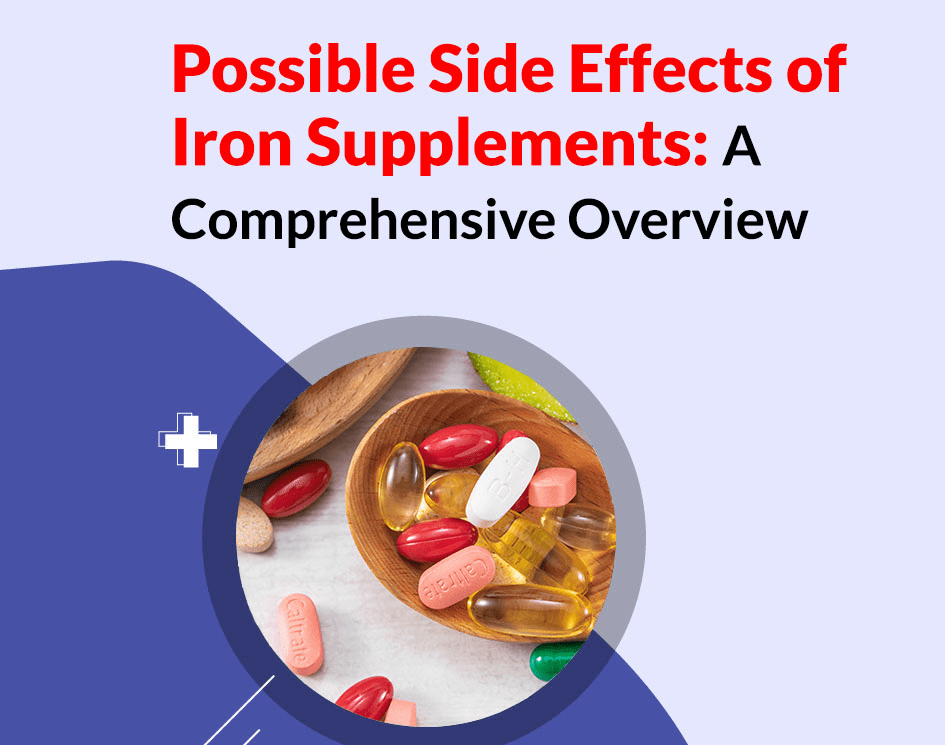

Understanding The Side Effects Of Iron Shots: What You Need To Know
Iron shots are a common medical intervention for individuals suffering from iron deficiency anemia and other related conditions. While they can be an effective way to quickly replenish iron levels in the body, it is important to be aware of the potential side effects that may arise from this treatment. Many patients may experience a range of reactions, and understanding these side effects can help individuals make informed decisions regarding their health. In this article, we will delve into the various iron shot side effects, ensuring that you have a comprehensive understanding of this treatment option.
Iron shots are typically administered intramuscularly or intravenously, allowing for faster absorption compared to oral supplements. However, the rapid increase in iron levels can lead to complications, particularly if the dosage is not appropriately managed. It is crucial for patients to consult their healthcare providers to discuss their medical history and any potential risks associated with the use of iron shots. By being proactive and informed, patients can mitigate the likelihood of experiencing adverse effects.
In the following sections, we will explore the most common side effects associated with iron shots, as well as ways to manage them. We will also address some frequently asked questions to further clarify the implications of iron shot administration. Whether you are considering iron shots for the first time or have already undergone treatment, this article aims to equip you with the knowledge you need to navigate the potential side effects effectively.
What are the Common Iron Shot Side Effects?
Iron shots, while beneficial, can lead to a variety of side effects. Common reactions include:
- Pain at the injection site
- Swelling and redness
- Fever and chills
- Nausea and vomiting
- Headaches
- Allergic reactions
How Can You Manage Pain from Iron Shots?
Experiencing pain at the injection site is one of the most frequent complaints among patients receiving iron shots. Here are some tips to help manage this discomfort:
- Apply a cold compress to the injection site immediately after administration.
- Take over-the-counter pain relief medications, such as ibuprofen or acetaminophen, as recommended by your healthcare provider.
- Move around gently to improve circulation in the area.
- Notify your healthcare provider if the pain persists or worsens.
Are There Serious Side Effects Associated with Iron Shots?
While most side effects of iron shots are mild and self-limiting, there are some serious reactions that require immediate medical attention. These may include:
- Severe allergic reactions (anaphylaxis)
- Respiratory distress
- Severe dizziness or fainting
If you experience any of these symptoms, it is crucial to seek emergency medical care promptly.
What Should You Discuss with Your Doctor Before Receiving Iron Shots?
Before undergoing treatment with iron shots, it is essential to have a candid conversation with your healthcare provider. Some important points to discuss include:
- Your complete medical history, including any allergies.
- Current medications and supplements you are taking.
- Your symptoms and reasons for needing iron supplementation.
- Any previous experiences with iron treatments.
Can Iron Shots Interact with Other Medications?
Iron shots can potentially interact with other medications, leading to reduced effectiveness or increased risk of side effects. Common drug interactions to be aware of include:
- Antacids: May reduce the absorption of iron.
- Certain antibiotics: May be less effective when taken with iron.
- Blood thinners: Increased risk of bleeding when combined with iron.
Always inform your doctor of all medications and supplements you are taking before receiving iron shots.
How Long Do Side Effects Last After Receiving Iron Shots?
The duration of side effects can vary depending on individual factors such as overall health, dosage, and method of administration. Generally, mild side effects may resolve within a few days, while more severe reactions may take longer and require medical attention. Monitoring your symptoms and maintaining open communication with your healthcare provider will help ensure a smooth recovery.
What Are the Alternatives to Iron Shots?
If you are concerned about the potential side effects of iron shots, there are alternative methods for managing iron deficiency. These include:
- Oral iron supplements: Available over-the-counter in various formulations.
- Dietary modifications: Incorporating iron-rich foods such as red meat, beans, and leafy greens into your diet.
- Intravenous iron infusions: A different administration route with potentially different side effects.
Consulting with your healthcare provider can help determine the most appropriate treatment option for your specific needs.
Conclusion: Are Iron Shots Right for You?
Iron shots can be an effective treatment for iron deficiency anemia, but it is essential to be aware of the potential side effects associated with their use. By understanding these side effects and discussing them with your healthcare provider, you can make an informed decision about whether iron shots are the right choice for you. Remember that monitoring your health and being proactive can help minimize risks and ensure a successful treatment experience.
Transforming Your Space: Unique Attic Bedroom Ideas
Unveiling The Shadows: Testing For Blind Spot
Understanding Sprintec Birth Control: Your Comprehensive Guide
/2549714-article-img-cortisone-shot-side-effects1-5a2ab5caec2f640037439a53.png)

